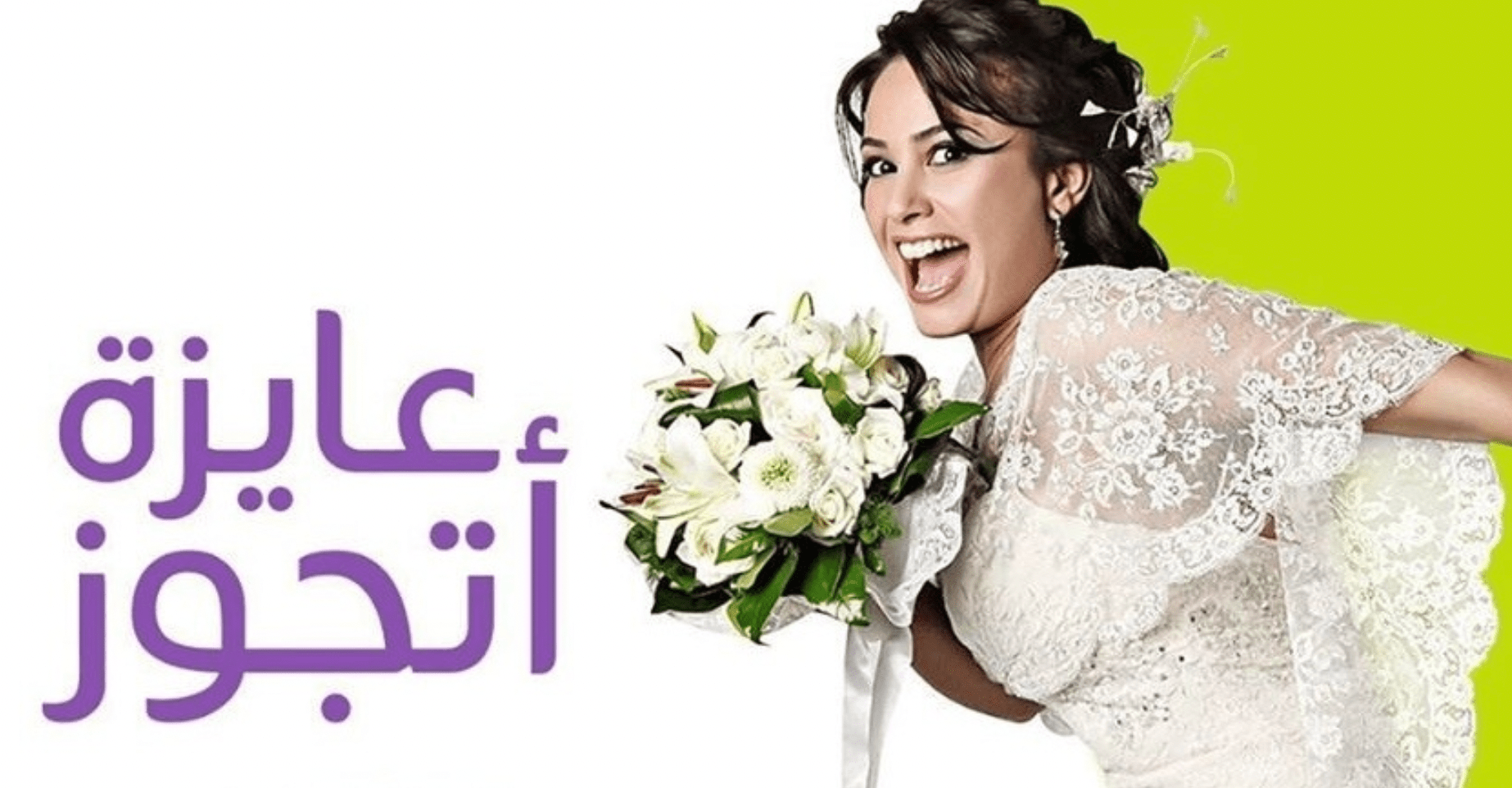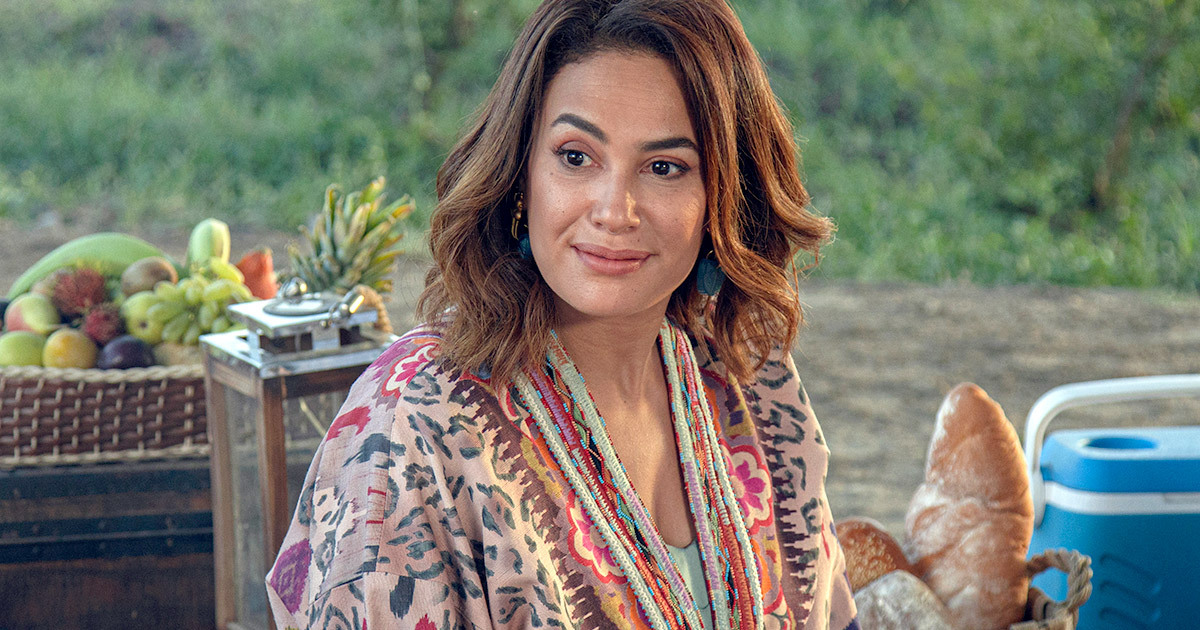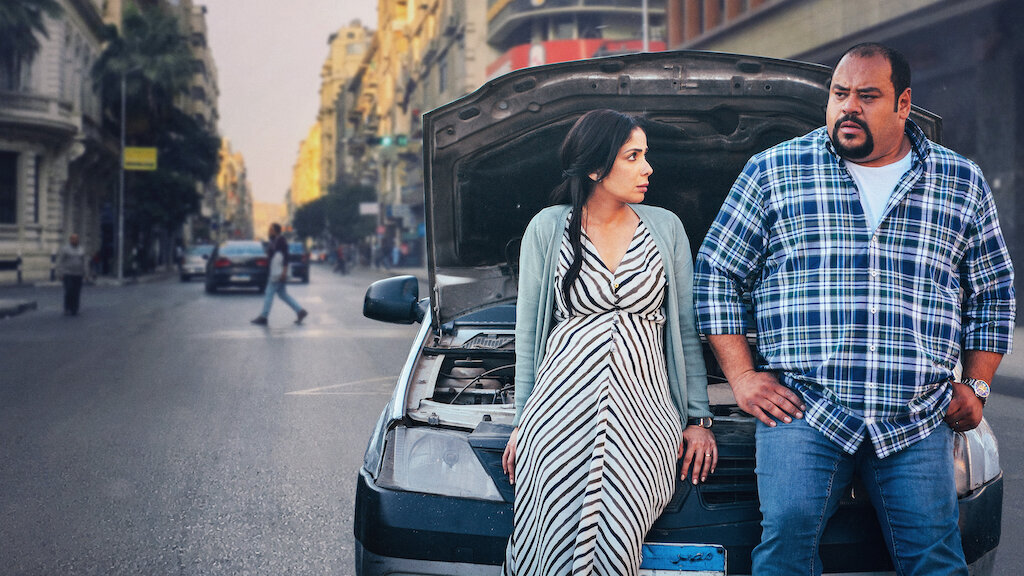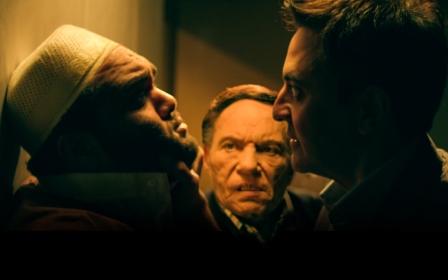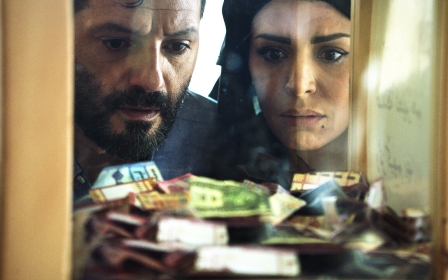Netflix: Our top Arabic picks for March

If there's one thing that unites the Arab world, it's their love of discussing the ins and outs of marriage and relationships. The topic, which can often make awkward dinnertime conversation, is the overarching theme for this month’s picks.
As the month of Valentine's draws to a close, one constant staple that remains is the selection of Netflix choices on offer about romantic liaisons, many of which shed light on the various perspectives and stigmas surrounding relationships in the region.
One of the greatest collections of Arabic-language programming is accessible on Netflix, with more than enough entertainment to see you into Spring.
Release dates and availability may vary depending on your location. This may contain spoilers.
I Want to Get Married
New MEE newsletter: Jerusalem Dispatch
Sign up to get the latest insights and analysis on Israel-Palestine, alongside Turkey Unpacked and other MEE newsletters
I Want to Get Married, or Ayza Atgawez, is a plot line that many will know all too well. The series tells the story of Ola, a young Egyptian pharmacist from a middle-class family who is under pressure from her family and society to marry before her 30th birthday. Her mother’s constant nagging pushes Ola to tipping point, leading her to devote all her energy to finding a husband.
The 30-episode series, starring Tunisian actor Hend Sabri, depicts Ola's search for a suitable partner, with each episode focused on a potential groom and a stereotypical type of man. From the football fanatic to the downtown socialist to the village simpleton, the consecutive bad occurrences and hilarious circumstances are relayed to the audience through Ola's comedic remarks when she turns to address the camera.
The show, which is in the Egyptian dialect of Arabic, was inspired by Ghada Abd Elrazq's blog Ayza Atgawez, which she started in 2006 and chronicled her search for an appropriate marriage. The blog quickly grew in popularity, leading to its conversion into a book and then a TV series in 2010.
The series' relatable nature and originality puts the viewer in Ola's shoes, as she frequently interrupts the story to share her feelings about her desperation. Ola's frank conversations and questions she poses to the audience involves them, and further illuminates how society pressures women into finding their perfect partner.
I Want to Get Married is a lighthearted look at how marriage and relationships are viewed in the region, and proves to be a good laugh for those who are looking for an easy watch or are interested in learning about societal norms and pressures in the Middle East.
Finding Ola
Coming 12 years after the original series Ayza Atgawez, Finding Ola tells the story of Ola after her marriage.
The 40-year-old has a rocky relationship with her husband, after he realises he just isn't happy anymore. Her eventual divorce leaves her in an initial state of shock as she scrambles to manage looking after her two young children, as well as finding her purpose again.
Ola is initally taken aback by the thought of divorce, and she battles backhanded compliments and remarks from those around her, including from her mother, who blames her for not being a good enough wife. Ola is quickly painted as the villain by her friends and extended family, all of whom hint that she is the reason her husband suffered a heart attack at such a young age.
After taking the time to mourn her marriage, Ola reconnects with old friends and decides to start doing everything her former husband asked her not to do. She starts to explore her passions again and spends some time being single and free.
The series sheds light on the vulnerable conversations Ola is forced to have with her daughter and young son, explaining to them that although her and her former husband do not hate each other, they simply were not happy.
The six-episode series goes on to show Ola's journey in learning more about herself and her capabilities, as well as a major career risk she decides to take.
With an emphasis on women's empowerment, the show takes the audience on an emotional journey through love, friendship and the discovery of one woman's true potential.
While following Ola's struggle to rediscover herself, the series also manages to address deeply rooted societal and cultural stigmas around divorced women.
Newton's Cradle
Filled with major plot twists, Newton's Cradle is about how a decision between a couple leads to some dark turns and the eventual breakdown of their marriage. The Egyptian series, which came out last year, is a gripping tale of how miscommunication plays a significant role in the deterioration of relationships.
The series follows the lives of Hana and her husband Hazem, who make the difficult decision to have their first child in the United States so that the child can be granted an American citizenship. In a tense turn, Hazem is unable to obtain a visa, leaving Hana to travel to the US alone and without any savings.
The couple's issues become more apparent as the series proceeds, with Hana's insecurities surfacing and being made worse by Hazem's patriarchal and narrow-minded attitude.
Their relationship is put to the test through various challenges, particularly with Hazem lying about his paperwork and his growing jealousy of being away from Hana. All this is compounded by Hana denying her husband's calls to return, instead wanting to prove she can make it alone.
The series' ability to fuse themes of romance, family ties, angst, social norms and rebellion, coupled with suspense, makes it an appealing watch, as the viewer is frequently left on a cliffhanger that calls into question the strength of Hana and Hazem's relationship.
Middle East Eye delivers independent and unrivalled coverage and analysis of the Middle East, North Africa and beyond. To learn more about republishing this content and the associated fees, please fill out this form. More about MEE can be found here.


